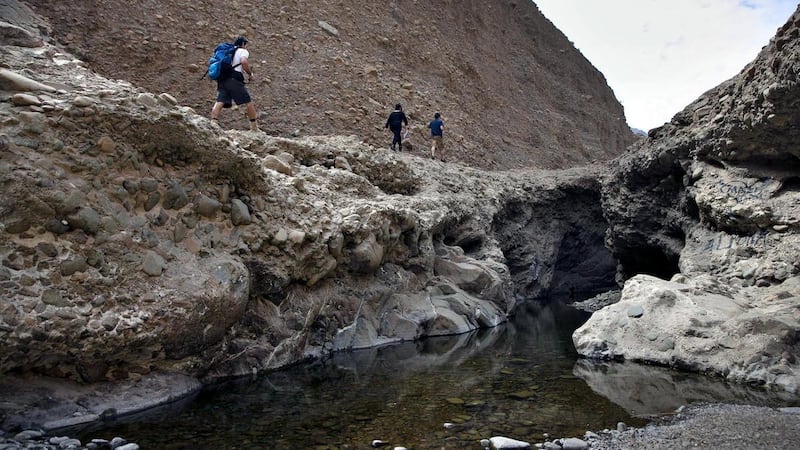Rapid economic growth in the UAE and across Asia has come at a huge environmental cost and degradation to biodiversity, experts have said at a UN conference in Dubai.
The forum heard how biodiversity, the planet’s essential variety of life forms, is declining every day and endangering economies, livelihoods, food security and the quality of life of people everywhere.
Major ecosystems are directly threatened by climate change, land use change, over fishing, invasive alien species, pollution and waste.
If business and economies continue to grow at the current rate in the West Asia region until 2050, environmentalists anticipate a 45 per cent loss of habitats and species.
“We are now looking at how to get local communities involved in protected areas in this region, as most of the conservation areas are places where people need to live,” said David Ainsworth, information officer from the Convention of Biological Diversity at the UN Environment Programme.
“If communities have the capability to use flora and fauna in a sustainable way, governments should find ways to support those areas with funding.
“For years, we have been having conservation with those already concerned about protected areas or the future of certain species and fauna.
“What we know is that it is the major economic sectors causing biodiversity loss, and these conversations are not happening with them.”
Legal specialists and UN environment programme coordinators raised the plight of environmental activists around the world who have spoken out against environmental crimes, pollution, land rights and wide-spread habitat loss across the region.
Around 207 environmental defenders were killed in 2017 across the world, with many more harassed, intimidated and forced from their lands, the UN said.
Others are being detained by governments, with 50 lives lost so far in 2018 on the frontlines of environmental protection according to the UN Environment Programme.
The UN backed Environmental Defenders Policy promotes greater protection for individuals and groups defending their environmental rights.
It identifies solutions to mitigate the abuse of environmental rights and aims to end threats towards activists, while helping states address related issues.
The first comprehensive overview for more than a decade of the state of knowledge about global biodiversity and the contributions of nature to people will be published in May.
The Global Assessment of Biodiversity and Ecosystem Services has been compiled over three years by 150 experts, and will reveal the latest research on land-based ecosystems, inland waters and oceans.
It will evaluate changes over the past 50 years, and look forward to consider scenarios, possible pathways and policy options.
Once published, it is expected to inform policy and action on biodiversity to 2030 and beyond.
“Governments need to sit down with those people who are planning infrastructure development,” said Mr Ainsworth.
“Those who decide on building roads and cities need to understand how biodiversity in those areas can be protected.”
____________________
Read more:
Shark lessons in Abu Dhabi and Fujairah to spread the word on species at risk
Marine patrols to intensify following dead dugong discovery on Abu Dhabi coast
Lion heads and ivory: Dubai border patrols halt more than 50 illegally trafficked species







